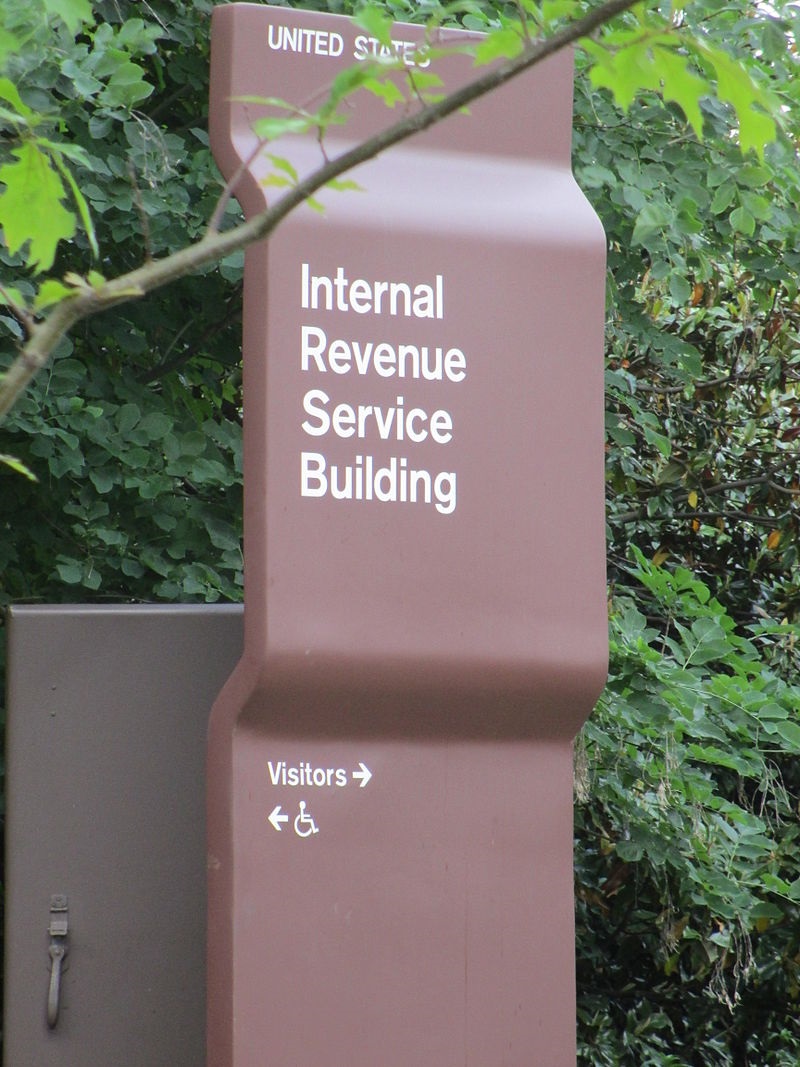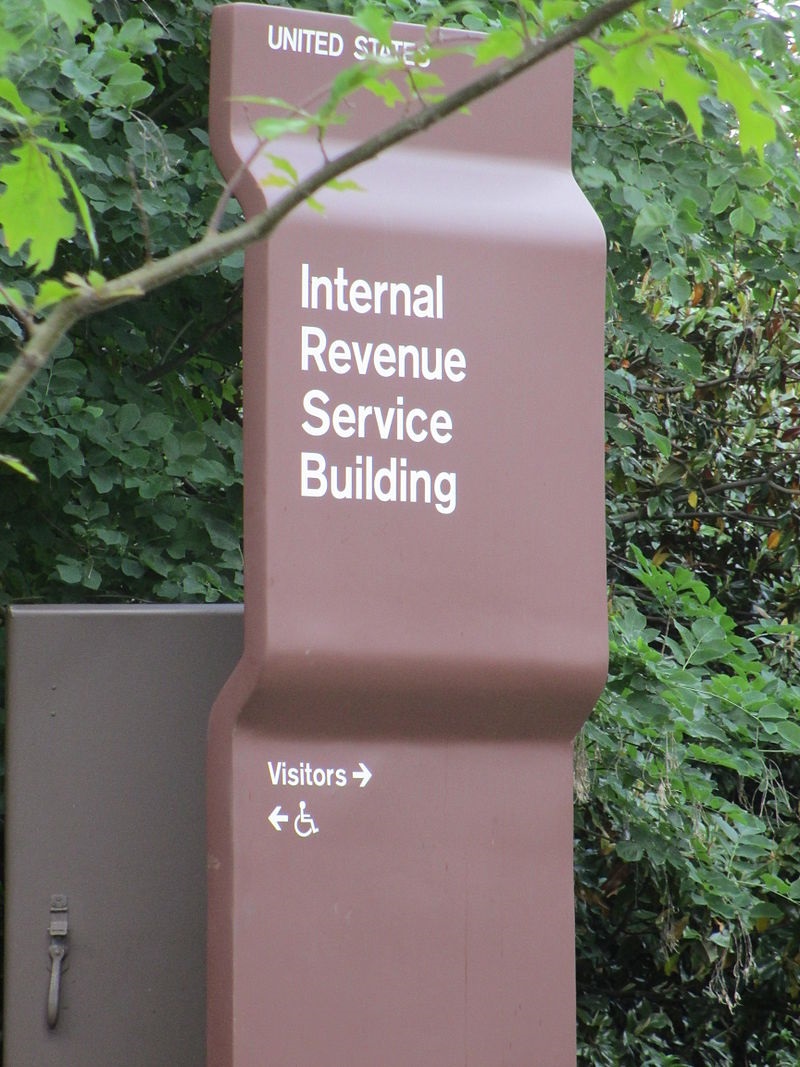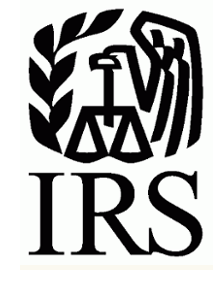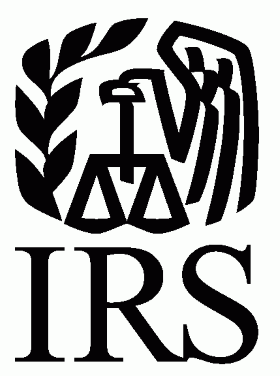On Friday, March 22, 2019, the Treasury and IRS announced they have lowered the withholding underpayment penalty threshold to 80%. This means that taxpayers who were 80% or less under-withheld on their income tax withholding or quarterly tax payments may qualify for relief.
5 Reasons You Shouldn’t Do Your Own Taxes This Year
Zinner & Co. Tax Team tax services , deductions , income tax , IRSEvery year, a group of adventurous souls decides: This is the year I’m going to prepare my own tax return! While we certainly applaud an individual’s right to establish self-reliance and try to save money on preparation fees, it’s rarely a good idea.
4 Things You Should and Should NOT Do If You’ve Received an Audit Notice from the IRS
Zinner & Co. Tax Team audits , income tax , IRSYou check your mail and you see the return address, IRS. Your first thought? Well, that can’t be good. You open up the letter and you read that you’re being audited. Look on the bright side – less than 1% of returns get audited each year, you’re just one of the lucky ones! All jocularity aside, there’s nothing to panic about.
The IRS recently issued a warning to taxpayers who are seriously delinquent on their tax debt - you may be unable to attain a new passport or renew your existing one.
First, a joke about catch up…
“Three tomatoes are walking down the street…papa tomato, mama tomato and baby tomato. Baby tomato starts lagging behind and papa tomato gets really angry, goes back and squishes him and yells… CATCH UP!!!!”
That joke isn’t going to get a lot of laughs at the IRS (alright, I admit it won’t get laughs anywhere else either) as they try to get caught up after the longest government shutdown in U.S. history. The shutdown, which lasted 35 days and affected the majority of the IRS’s workforce, has had a profound impact on an agency that had already been running very lean.
Effective January 1, 2018, new rules took effect for partnership taxpayers. These "Partnership Audit Rules" affect how taxes (as well as penalties and interest) are assessed when a partnership has been audited by IRS.
IRS Announces it Will Waive Tax Penalties for Under-Withholding and Underpayment for Some
Zinner & Co. Tax Team withholding , tax , income tax , IRS , Tax Cuts and Jobs Act of 2017The IRS announced this week in IRS Notice 2019-11 that it would not penalize taxpayers whose tax withholding and estimated tax payments fell short last year due to failing to change their withholding under the Tax Cuts and Jobs Act (TCJA).
How the Government Shutdown Will Affect Your Tax Return and Refund…the Saga Continues
Zinner & Co. Tax Team income tax , IRS , ShutdownPreviously, we shared how the Whitehouse stated there would be no disruption to tax filing or the issuance of refunds.
On Tuesday, the IRS shared some details of its revamped contingency plan for operations during the government shutdown.
What Will the Government Shutdown Mean to Your Tax Return?
Zinner & Co. Tax Team Taxes - Corporate & Business , Taxes - Individual , taxes , IRS , ShutdownUnless you’ve been hiding under a rock, you’ve probably heard about the battle between the President and Congress over funding for a southern border wall. The government “shutdown” created by the impasse has created a lot of uncertainty about many government-provided services.
About Us

Since 1938, Zinner has counseled individuals and businesses from start-up to succession. At Zinner, we strive to ensure we understand your business and recognize threats that could impact your financial situation.
Recent Blog Posts
Categories
- 1031 Exchange (2)
- 401k (2)
- 529 plan (4)
- ABLE Act (1)
- account systems (3)
- accounting (8)
- Affordable Care Act (8)
- alimony (2)
- American Rescue Plan Act (1)
- Ask the Expert (5)
- Audit and Assurance Department (13)
- audits (8)
- Bank Secrecy Act (1)
- banks (1)
- Barbara Theofilos (6)
- Beneficial Ownership Information (1)
- Bitcoin (1)
- block chain (2)
- BOI (3)
- Bookkeeping (1)
- Brett W. Neate (28)
- budgets (1)
- Bureau of Worker's Compensation (12)
- Business - Management, Issues & Concerns (51)
- business income deduction (3)
- business succession (7)
- business travel expense (3)
- business valuation (5)
- capital gains (2)
- careers (7)
- cash flow (2)
- Charitable Donations (2)
- Child Tax Credit (2)
- Chris Valponi (8)
- City of Cleveland (1)
- Cleveland COVID-19 Rapid Response Fund (1)
- Cleveland Rape Crisis Center (2)
- college (3)
- Community (24)
- Compliance (1)
- Coronavirus (24)
- Corporate Transparency Act (1)
- COVID-19 (30)
- Credit card fraud (5)
- credit reporting (2)
- cryptocurrency (2)
- CTA (2)
- cybersecurity (17)
- dead (1)
- DeAnna Alger (6)
- death (2)
- debt (4)
- deductions (14)
- Deferring Tax Payments (4)
- Department of Job and Family Services (2)
- depreciation (2)
- Digital Tax Payment (3)
- divorce (4)
- DOMA (3)
- Economic Impact Payments (2)
- Economic Injury Disaster Loan (4)
- education (8)
- EIDL (1)
- electronic filing (4)
- Electronic Tax Payments (3)
- Emergency Working Capital Program (1)
- employee benefit plan auditor (1)
- Employee Leave (3)
- Employee or Independent Contractor (6)
- Employee Retention Credit (3)
- employment (2)
- ERC (3)
- Eric James (8)
- Estates, Gifts & Trusts (48)
- expenses (5)
- Families First Coronavirus Response Act (2)
- FASB (1)
- FBAR (1)
- FDIC coverage (1)
- Federal Assistance (4)
- filing (3)
- financial planning (8)
- Financial Planning - College (9)
- financing (3)
- Firm news (119)
- first responders (1)
- FMLA (1)
- foreign assets (3)
- fraud (38)
- FSA (1)
- fundraising (9)
- Gabe Adler (1)
- gift tax (5)
- HDHP (2)
- health care (3)
- home (2)
- home office (1)
- Howard Kass (2)
- HRA (1)
- HSA (5)
- identity theft (34)
- income (1)
- income tax (58)
- independent contractor (1)
- Inflation (1)
- Insurance (7)
- internal control (4)
- international (2)
- Intuit (1)
- investments (4)
- IRS (91)
- jobs (5)
- John Husted (1)
- K-1 (1)
- Laura Haines (3)
- Layoff (2)
- Layoffs (1)
- leadership (3)
- lease accounting standards (1)
- life insurance (1)
- LLC (3)
- Loans (2)
- longevity income annuities (1)
- Lorenzo's Dog Training (1)
- Magic of Lights (1)
- management advisory (3)
- manufacturing (2)
- Matt Szydlowski (3)
- medical (7)
- Medicare (2)
- mergers and acquisitions (1)
- Mike DeWine (2)
- Millennial Concepts (2)
- minimum wage (1)
- NAIOP (1)
- National Defense Act (1)
- non-profit reporting (10)
- non-profits (38)
- not-for-profit (26)
- OATC (1)
- OBBB (3)
- ODJFS (1)
- office (1)
- ohio (13)
- Ohio Accounting Talent Coalition (1)
- Ohio business owners (18)
- Ohio Department of Jobs and Family Services (4)
- Ohio Department of Taxation (7)
- Ohio Incumbent Workforce Training Voucher Program (1)
- Ohio Society of Certified Public Accountants (1)
- One Big Beautiful Bill (10)
- Online Tax Payment (4)
- Operations (2)
- OPERS (1)
- OSCPA (1)
- Overtime (2)
- owners of foreign entities (1)
- partnerships (5)
- passwords (1)
- Paycheck Protection Program (9)
- payroll (8)
- penalties (3)
- pension (2)
- personal finance (2)
- planning (4)
- ppp (7)
- Productivity (5)
- Qualified Business Income (1)
- quickbooks (10)
- real estate (14)
- record retention (2)
- records (2)
- Reporting (1)
- Republican National Convention (1)
- Retirement Planning & IRAs (54)
- Richard Huszai, CPA (5)
- RITA (1)
- Robin Baum (6)
- RRF (1)
- S Corporation (1)
- SALT (8)
- SBA (8)
- scams (14)
- SECURE 2.0 Act (1)
- security (6)
- SharedWorks (1)
- Shutdown (3)
- Silver Linings (9)
- simplified employee pension (1)
- Small Business (5)
- SMB (12)
- Social Media (1)
- social security (4)
- Speaker Series (2)
- spouse (1)
- start ups (8)
- Stay at Home Order (3)
- Steven Mnuchin (1)
- Sue Krantz (6)
- SVOG (1)
- tangible property (1)
- tax (27)
- tax avoidance (12)
- Tax Credit (7)
- Tax Cuts and Jobs Act of 2017 (31)
- Tax Exempt (1)
- Tax Holiday (1)
- Tax Interns (2)
- tax services (28)
- taxes (45)
- Taxes - Corporate & Business (107)
- Taxes - Individual (125)
- Taxes - Planning, Rules and Returns (198)
- TechCred (1)
- technology (8)
- The CARES Act (6)
- The SOURCE (1)
- tiag (3)
- transaction advisory (2)
- Treasury Department (5)
- Trump Account (1)
- tuition (3)
- U.S. Department of the Treasury (1)
- U.S. Small Business Administration (6)
- Unclaimed Funds (1)
- Unemployment Benefits (4)
- Unemployment Insurance (1)
- withdrawls (2)
- withholding (6)
- Workers Comp Billing Changes (1)
- Zinner & Co. (35)
- Zinner News (32)










